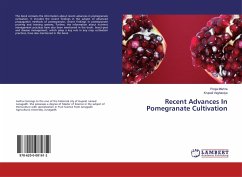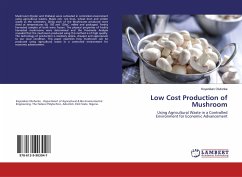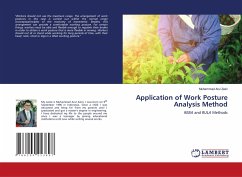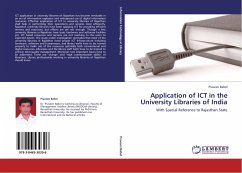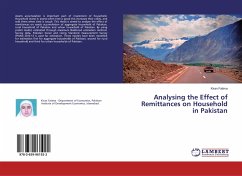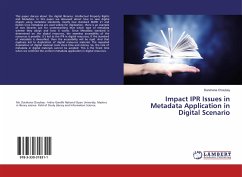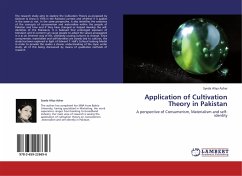
Application of Cultivation Theory in Pakistan
A perspective of Consumerism, Materialism and self-identity
Versandkostenfrei!
Versandfertig in 6-10 Tagen
32,99 €
inkl. MwSt.

PAYBACK Punkte
16 °P sammeln!
The research study aims to explore the Cultivation Theory as proposed by Gerbner & Gross in 1976 in the Pakistani context and whether if it applies in the same or not. In the same perspective, it also identifies the existence of the concepts of consumerism and materialism within the people of Pakistan and how and if they have changed or helped develop the self-identities of the Pakistanis. It is believed that prolonged exposure of television and its content can cause people to adopt the values propagated in it as an inherent way of life, ultimately causing cultures to change. Since consumerism...
The research study aims to explore the Cultivation Theory as proposed by Gerbner & Gross in 1976 in the Pakistani context and whether if it applies in the same or not. In the same perspective, it also identifies the existence of the concepts of consumerism and materialism within the people of Pakistan and how and if they have changed or helped develop the self-identities of the Pakistanis. It is believed that prolonged exposure of television and its content can cause people to adopt the values propagated in it as an inherent way of life, ultimately causing cultures to change. Since consumerism, materialism and self-identities are closely tied to cultures, the study has been explored in light of Edward T. Hall s Cultural Iceberg Model in order to provide the reader a clearer understanding of the topic under study; all of this being discovered by means of qualitative methods of research.



